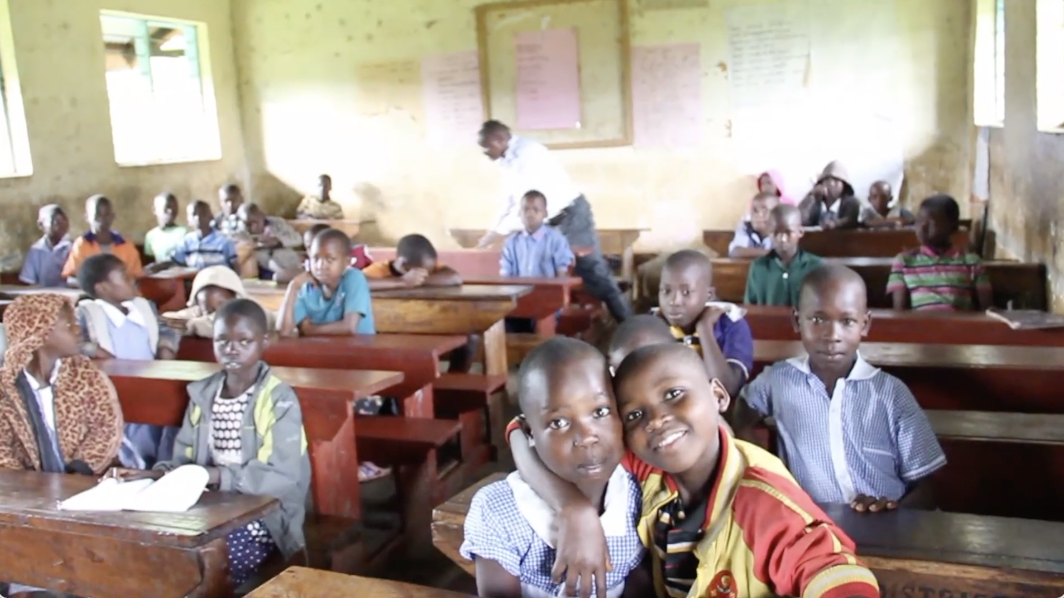Alarmingly low literacy and numeracy rates found in Namisindwa
Saturday May 04 2024

Children pose for the camera.
Namisindwa - A report by Uwezo, a Ugandan NGO focused on education assessment, has revealed concerningly low literacy and numeracy competency levels among students aged 4-16 in Namisindwa district.
The report sheds light on the district's persistent struggles in Primary Leaving Examinations (PLE), consistently ranking among the lowest performers nationwide.
Uwezo conducted a survey in June 2021 to assess literacy and numeracy skills across 29 Ugandan districts. Namisindwa's inclusion stemmed from its history of poor PLE results.
"Our assessment placed Namisindwa second-to-last among the 29 districts," said Soul Mamati, the Namisindwa UWEZO District Coordinator. "Interestingly, the 2023 results showed Namisindwa ranked fourth in Division 4 scores. This discrepancy compels us to address how we can improve our children's education."
The survey targeted children between 4 and 16, encompassing 15 numeration areas with 15 schools participating.
A critical finding highlighted that only 16% of P7 candidates (final year of primary school) could read and perform basic mathematical tasks at a P2 level (second year of primary school).
Reading and writing proficiency for students between P3 and P7 in the district stood at 29.9%, falling below the national average of 32.1%.
The report also identified a gender gap, with girls outperforming boys in subtraction and counting (42.5% vs. 39.9%).
Pre-primary education emerged as a significant factor. Only 25% of the assessed students had attended pre-primary school before entering primary education.
"Children with pre-primary education demonstrated considerably better performance," Mamati explained to NTV Uganda. "We urge parents to enroll their children in nursery schools."
Peter Mutambo Deo, chairperson of the Uganda National Teachers' Union (UNATU) in Namisindwa, along with parents, pointed to additional challenges contributing to the low performance.
"We have a severe staffing shortage," said Mutambo. "When we raise these concerns, discussions often revolve around staff recruitment limitations due to salary constraints."
Sofi Kuloba, the Acting District Education Officer, acknowledged the report and pledged to utilize its findings to improve learning outcomes in the district.


